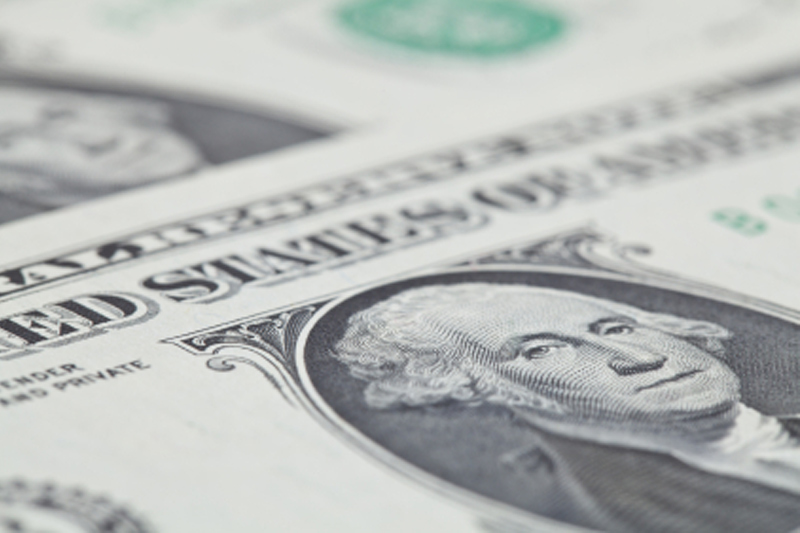Dollar slips slightly ahead of key US Inflation release
The US dollar slipped slightly Wednesday, falling from a six-month peak, ahead of the release of key US inflation data, which will provide more clues on the future path of interest rates.
At 05:00 ET (10:00 GMT), the dollar index , which tracks the greenback against a basket of six other currencies, traded 0.1% lower to 105.850, after trading above 106 for the first time since early May. US CPI looms large
The dollar has been reaping the benefits of Donald Trump's victory in the US presidential election last week, with the Republicans likely to gain full control of Congress, which would likely mean lower taxes and trade tariffs - policies that are seen as inflationary.
Traders are now looking ahead to the release of October's US consumer price index later in the session, a crucial gauge of inflation in the world's biggest economy.
Economists expect headline price growth to have sped up to 2.6% last month on an annualized basis, compared to 2.4% in September, while the "core" reading, stripping out more volatile items like food and fuel, is seen at 3.3% year-on-year and 0.3% on a monthly basis, in line with September.
Fed policymakers will likely be keeping close tabs on the numbers as they attempt to gauge the path ahead for interest rates over the rest of this year and into 2025.
“The strong dollar is currently pricing in a good deal of Trump’s policy mix, and data releases/dovish Fed comments might offer good opportunities to take profit in bullish dollar positions,” said analysts at ING, in a note. German elections due in February
In Europe, EUR/USD traded largely unchanged at 1.0627, close to a one-year low, with the single currency hampered by the political uncertainty in Germany, as well as the potential for tariffs against Europe from the new Trump administration.
The bloc’s biggest economy is set to hold snap elections on Feb. 23, after the collapse of Chancellor Olaf Scholz's governing coalition last week.
“There is not much additional risk premium being added to EUR/USD compared to what rates are suggesting, as markets are doubling down on expectations that the ECB will slash rates more than the Fed ahead of the tariff impact on growth,” added ING.
GBP/USD edged higher to 1.2750, just above Tuesday’s three-month low of 1.2719, in the wake of Bank of England cutting interest rates last week, for the second time this year.
“The main event in sterling markets today is a speech by Bank of England’s Catherine Mann, the most hawkish member of the MPC,” said ING.
“Markets will be attentive to any comments about the implications of the recent budget for monetary policy and any colour on the latest jobs/wage figures. Given her arch-hawkish stance, we suspect she could stress – if anything – the inflationary aspect of the government’s spending boost and perhaps focus more on the sticky wage figure rather than the rise in the unemployment rate in September.” Yuan recovers from recent lows
USD/CNY dropped 0.4% to 7.2064, after surging to a three-month high this week after Beijing’s latest round of fiscal measures largely underwhelmed, especially as China faces increased economic pressure from a Trump administration.
USD/JPY rose 0.2% to 154.87, following uncertainty over Japan’s political and monetary policy outlook, amid bets that a gulf between U.S. and local rates will persist for longer under Trump.
Source: Investing.com
